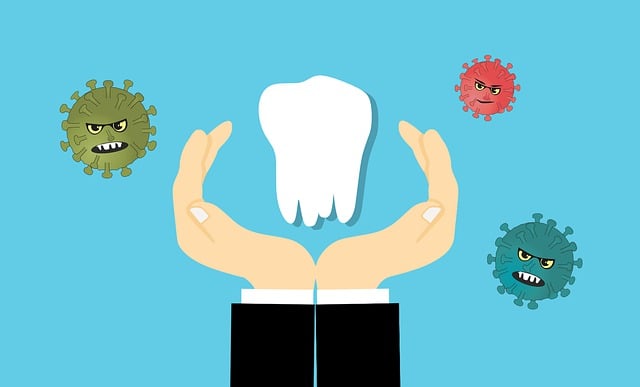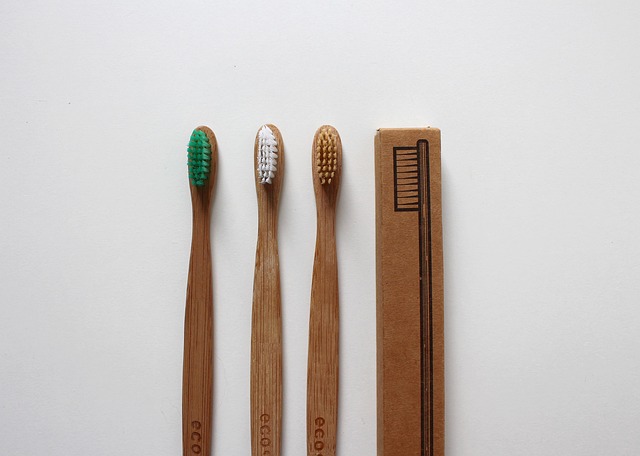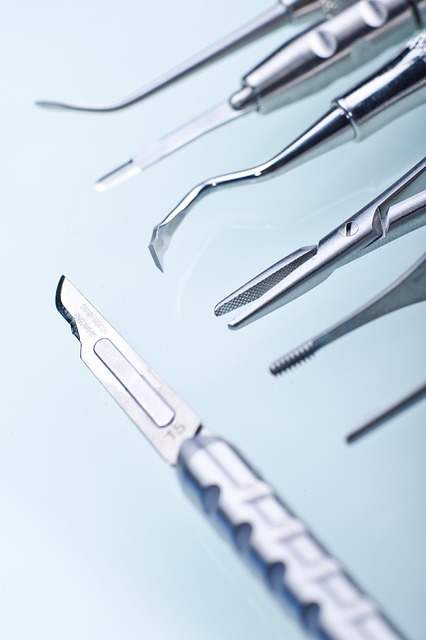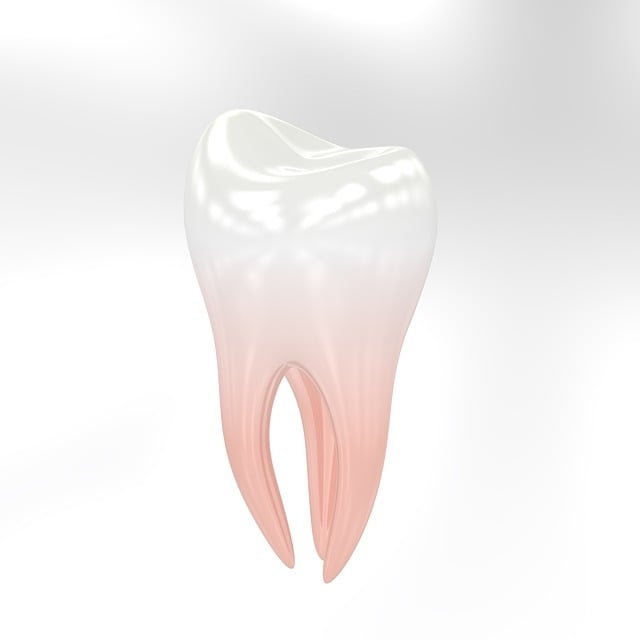Pediatric dentists address dental anxiety in children aged 2-5 through supportive environments, age-appropriate communication, and strategies like gradual exposure. They use colorful decor, toys, storytelling, and technology to create positive experiences, fostering healthy oral habits from an early age. Effective communication and building trust with kids and their parents are key to successful pediatric dental care.
Many children experience dental anxiety, making routine check-ups challenging. This article explores comprehensive dental solutions tailored for anxious kids. From understanding the root causes of their fear to employing modern technologies, we guide parents and pediatric dentists in creating a calming experience. Learn effective communication strategies, building trust, and positive associations to make dental visits less stressful. By implementing these techniques, you can help children develop healthy oral habits for life.
- Understanding Children's Dental Anxiety
- Creating a Comfortable Dental Environment
- Effective Communication Strategies for Kids
- Modern Dental Technologies for Anxious Patients
- Building Trust and Positive Associations
Understanding Children's Dental Anxiety

Many children experience dental anxiety, often stemming from fear or discomfort associated with dental procedures. This is a common challenge faced by pediatric dentists, who specialize in addressing kids’ unique oral health needs. Understanding and effectively managing this anxiety is crucial for ensuring preschoolers receive the proper dental care they need.
A child’s dental anxiety can range from mild nervousness to severe panic attacks. It’s essential for parents and caregivers to recognize the signs, such as excessive crying, biting or hitting during dental visits, or avoidance of anything related to oral hygiene. The presence of a supportive and calming environment during dental appointments, along with age-appropriate communication and preschoolers’ dental care tips, can significantly help in managing this issue. In cases where anxiety is overwhelming, the specialist for kids’ teeth might recommend strategies like gradual exposure, relaxation techniques, or even baby teeth extraction guidance tailored to alleviate their distress.
Creating a Comfortable Dental Environment

Creating a Comfortable Dental Environment is key to ensuring that anxious kids have a positive experience at the dentist. A pediatric dentist trained in working with children can make all the difference, using techniques specifically designed to calm and engage young patients. This includes setting up a welcoming office space that feels like a fun place for kids to be, with colorful decor, age-appropriate toys, and even play areas.
Specialists for kids’ teeth understand that preschoolers’ dental care tips involve more than just cleaning teeth. They employ strategies such as storytelling, games, and gentle communication to distract and reassure children during procedures. By combining these approaches, a pediatric dentist can transform the dental visit from a stressful event into a manageable and even enjoyable experience for anxious kids, laying the foundation for healthy children’s dental health services that last a lifetime.
Effective Communication Strategies for Kids

Effective communication is key when addressing dental anxiety in children. Pediatric dentists should employ simple and age-appropriate language to explain procedures, ensuring young patients understand what will happen during their visit. This can be done by using visual aids, such as charts or toys, to illustrate concepts and make the experience less intimidating. For example, a pediatric dentist might use a toy tooth model to demonstrate how plaque builds up and causes tooth decay prevention for children.
Incorporating positive reinforcement techniques is another powerful strategy. Praising children for brave behavior or good hygiene habits encourages them to continue maintaining healthy habits for child’s teeth. A dental office for little ones can create a fun, engaging atmosphere by offering rewards or stickers for cooperative behavior, making the experience more enjoyable and less stressful. This approach not only helps manage anxiety but also fosters a positive association with dental care.
Modern Dental Technologies for Anxious Patients

In today’s digital era, modern dental technologies have revolutionized care for anxious patients, especially children. A pediatric dentist equipped with innovative tools can make playful dental visits for children a reality, transforming what was once a daunting experience into an engaging and less stressful one. Techniques like interactive dental chairs, computer-aided visualizations, and digital X-rays not only enhance the overall patient experience but also allow for more precise diagnoses and treatments.
These advancements cater specifically to the unique needs of anxious kids, fostering a sense of comfort and control during their visits. A specialist for kids’ teeth can utilize these tools to explain procedures in a language children understand, making them feel more involved and less fearful. As a result, pediatric dentists are able to provide comprehensive care tailored to each child’s emotional well-being, ensuring that every playful dental visit contributes to healthier, happier smiles.
Building Trust and Positive Associations

Building trust with anxious kids is a crucial step in ensuring they receive the best dental care. Pediatric dentists are trained to create a calming environment, using techniques like gentle communication and playful explanations to help children feel safe and understood. By making the dental office a positive experience, from the moment they walk in, kids begin to form healthy associations with oral hygiene and healthcare in general.
This trust-building process often involves involving parents or caregivers, who can reinforce these positive feelings at home. Encouraging open conversations about teeth and oral health for toddlers age 2-5, and incorporating fun activities related to brushing and flossing, can make a significant difference in a child’s comfort level. These early experiences contribute to the prevention of tooth decay, as children learn to embrace dental check-ups and treatments as normal, even enjoyable parts of their routine, setting them up for successful long-term oral health practices.
Anxiety around dental visits can be overcome by implementing tailored solutions, such as creating a comforting environment, using modern technologies, and building trust with young patients. A pediatric dentist equipped with effective communication strategies and a deep understanding of children’s needs plays a vital role in ensuring positive experiences. By addressing these aspects, we can foster a sense of comfort and even create positive associations with dental care, setting the stage for a lifetime of good oral health.














